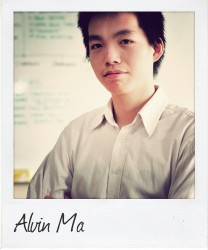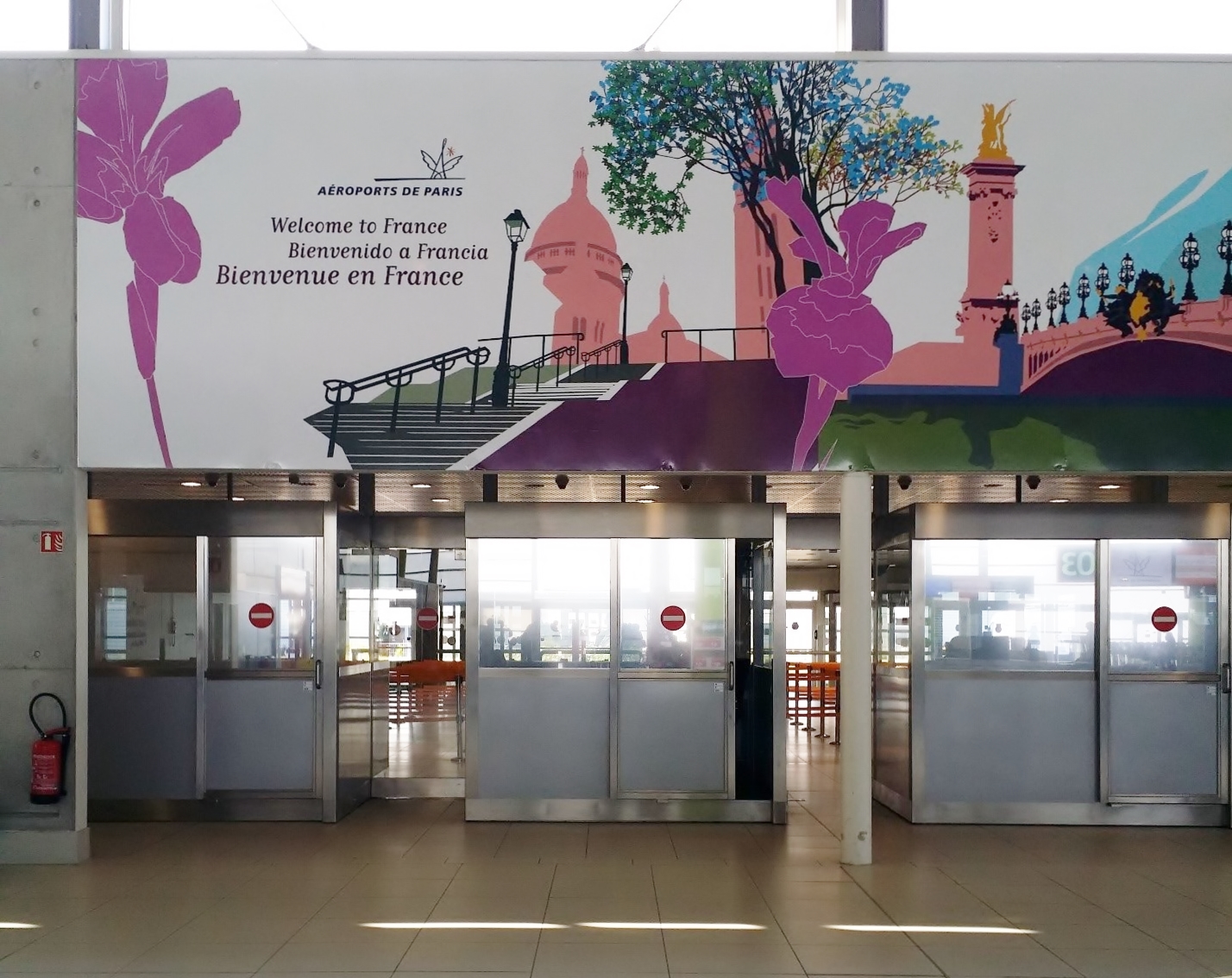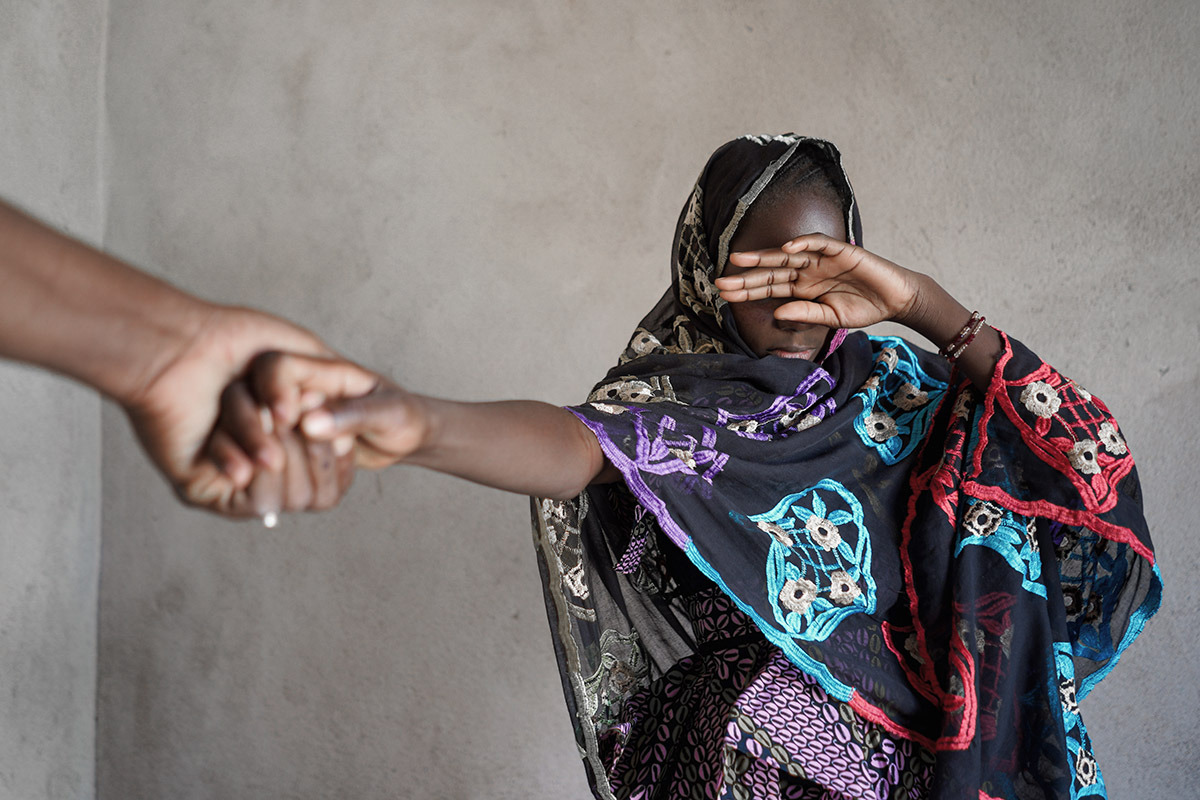“Eiffel Tower is not ivory: travel experiences”
July 2 Alvin Ma, 23, a Commonwealth Correspondent from Canada, was in Paris to take part in an academic conference, but he took the opportunity to look beyond the ‘ivory tower’ with observations about language and life in city of the Eiffel Tower.
Alvin Ma, 23, a Commonwealth Correspondent from Canada, was in Paris to take part in an academic conference, but he took the opportunity to look beyond the ‘ivory tower’ with observations about language and life in city of the Eiffel Tower.
“Oui, moi j’ai tombé, j’ai tombé la chemise.” Translated literally, this line from the chart-topping French song “Tomber la chemise” by Zebda means “Yes, for me, I took off the shirt.” This isn’t an inaccurate description of my academic conference presentation at the 2015 World Congress of Sociology of Sport, as I literally unbuttoned my dress shirt midway through my speech to reveal the same Portuguese t-shirt I wore to a restaurant during my study on multiculturalism and sport in Toronto. Held in Paris, this conference featured hundreds of presentations from scholars around the world.
When I travel, I believe it’s my responsibility to share distinct experiences to further understanding beyond what is published in popular travel guides. I am privileged to have stable financial means and a Canadian passport that smoothly allowed me to experience 26 aircraft take-offs in the past three years. To restate what I wrote about my trip to China, I strongly believe that governments around the world should divert funding from weapons and ammunition into cultural exchange programs, so that more people can have the opportunity to explore and learn rather than merely speculate based on second-hand accounts of other places.
Furthermore, I believe it’s my responsibility to step down from the ivory tower of academia and to share publically what I learned from the research conference. While the ivory tower is often an unfair perception of academia, I still witnessed petty politics at the Paris conference that seem inconsequention for academics beyond English-speaking parts of the world, let alone non-academics around the world. Parts of a panel discussion with the most seminal scholars examined the name changes from “sport sociology” to the “sociology of sport” and from “International Review of the Sociology of Sport” to the “International Review for the Sociology of Sport“. My non-established academic self couldn’t help but wonder about the irony of debating prepositions in the English language when there is an intended international outreach towards nations that do not speak English and languages that may not even have a direct translation.
The irony of being an ESL (English as a second language) teacher is realizing the significance of other languages. I also serve as a French grammar tutor in Toronto but during my stay in Paris, I realized that my listening comprehension of French is far worse with native speakers from France than with slower-speaking non-native speakers from Britain and Spain. And while I spoke as much French as I could, many native French speakers would respond in English when they sensed that I took a long time to process their words. On the other hand, my listening comprehension is better in Mandarin Chinese but I struggled with my verbal pronunciation due to the major tone differences from Cantonese Chinese, a language with which I am more familiar.
Nevertheless, I had constructive conversations with several Chinese scholars at the conference about the different ways in which people perceive physical activity in East Asia in comparison to Chinese diaspora communities around the world. I also saw insightful presentations about diaspora communities in France, in particular the experiences of those with ancestry from former French colonies in Africa. While some grew up to be successful like Zinédine Zidane, many others devote years of their lives in their goal to be professional athletes, but fall short and lose all their money in the process. One presentation showed that even some footballers who played on Cameroon’s famous 1990 FIFA World Cup team struggled to make ends meet in Paris after retirement.
Paris does not officially keep track of racial demographics but outside of the conference, ethnic minorities disproportionately make up many of the street vendors. Amidst the haggling, one friend turned to a selfie stick merchant and struck up a conversation about his daily life and career path. Although some of the information the merchant provided about manufacturing suppliers was not believable, it’s still important to value this migrant from Senegal as a dignified human being rather than a “sans-papiers” criminal who relies on the same informant network as shell game dealers to run from police.
Understanding people in a different light is a practical sociological application that doesn’t require formal training in sociology. Musicians such as Zebda sing about embracing a more diverse and tolerant society. “Tomber la chemise” is not about literally removing clothing, but similar to the song “Beautiful Day” by U2 that I discussed in my article on the necessity of idealism, it thematically touches on problems but approaches them in an uplifting and hopeful tune. I would like to repeat this call for idealism, not only to fellow young writers and readers, but also to well-established scholars around the world, as we are all human beings with the capacity of making the world a better place.
Photo: Alvin Ma
…………………………………………………………………………………………………
About me:
I’m currently a student and research assistant for the Centre for Sport Policy Studies at the University of Toronto. I also teach English at an ESL language school and serve as a private tutor for various other subjects. Passionate about teaching, sports, and politics, I hope to blend these interests and one day teach university-level courses on the politics of sports.
………………………………………………………………………………………………………
Opinions expressed in this article are those of the author and do not necessarily represent the views of the Commonwealth Youth Programme. Articles are published in a spirit of dialogue, respect and understanding. If you disagree, why not submit a response?
To learn more about becoming a Commonwealth Correspondent please visit: http://www.yourcommonwealth.org/submit-articles/commonwealthcorrespondents/
…………………………………………………………………………………………………




